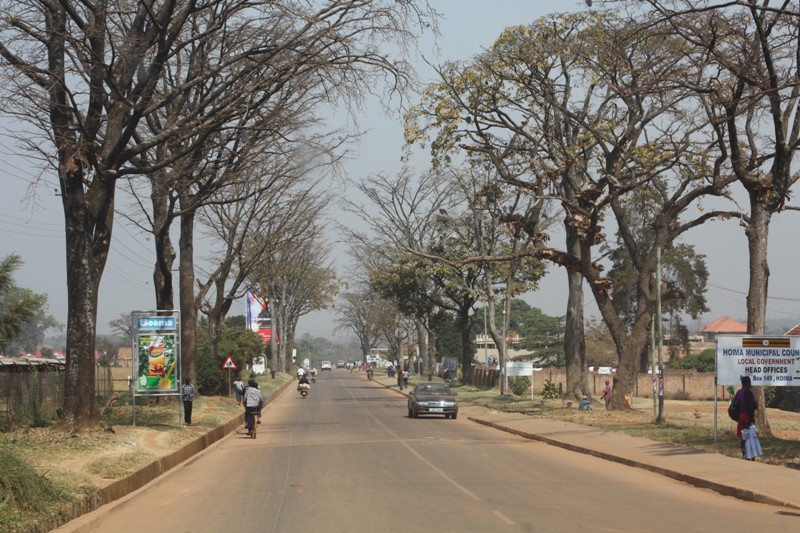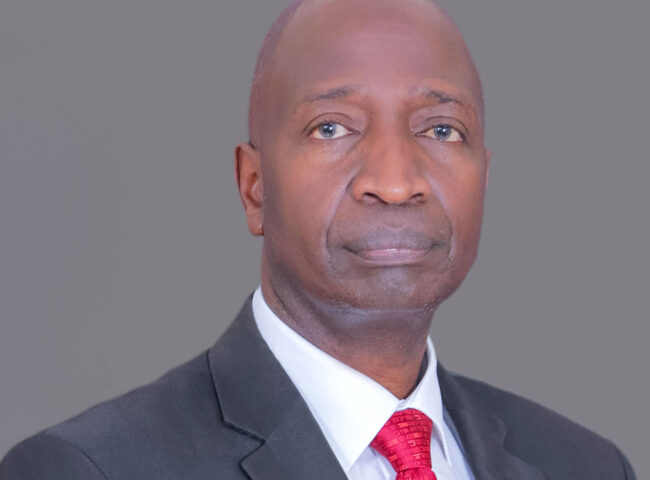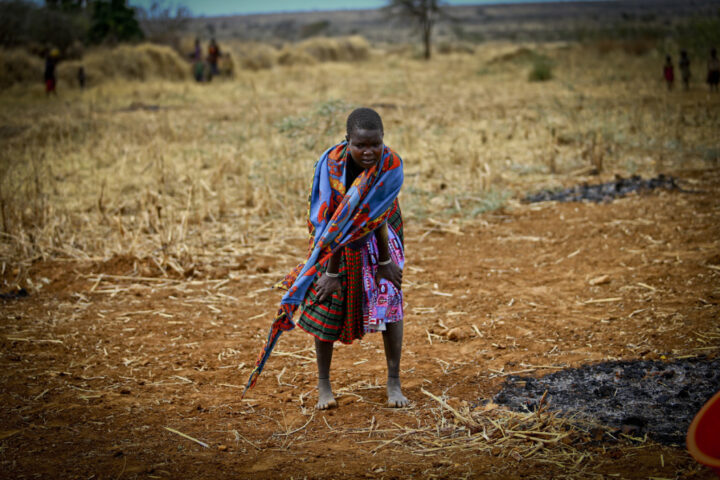A Munyakole businessman married into one of the prominent families in Bunyoro was told by his father in-law that not far beneath, the soft dark soil that makes up his estate- bones of his forebears could be found.
The bones- like the discovery of a faded black and white picture in a dusty suitcase- reminds Banyoro of the dark days when in facing the might of British Imperial conquest- the entire population was brought to his knees, early automatic rifles and sorties filling their proud hills with human bones.
Today British companies are gearing to dig deep into the belly of Bunyoro for oil- no doubt by a twist of history- unearthing the frustration of one of Uganda’s poorest regions.
Two million people died- says Henry Ford Mirima- spokesman for the Bunyoro Kingdom, today a cultural institution with no real political powers.
By some counts the population declined to just a quarter of its strength before the “great war” between 1893 and 1899.
In his work on the reasons as to why Bunyoro never recovered from the brutality of the conquest unlike other societies brutalized by imperialism, Shane Doyle of the University of Leeds writes that even after the war, Banyoro faced an “antagonistic colonial state”.
The colonial government, he says, was guilty of ignoring Banyoro. The result is that unlike any other area in the land Sir Winston Churchil [ former British Prime Minister] described as the “ pearl of Africa” Bunyoro was plagued by famine and disease most notably syphilis and sleeping sickness.
Cattle, once the mainstay of Bunyoro’s economy died in such numbers that only the old men around its scattered villages today – who mumble terrible curses against the British-recall a time when herds roamed the kingdom.
According to Doyle, the British, perhaps because of a hate-hate relationship with Bunyoro “mis-managed’ the emerging social crisis.
Colonial authorities, he says, unbothered, prescribed the wrong answers to Bunyoro’s problems including an allegation that the Banyoro were promiscuous to explain the preponderance of syphilis in the region.
Long before Uganda, now famous for its “home grown” ABC response to the deadly disease of HIV/AIDS, advocated personal sexual discipline [ Abstinence being preferred as well as being faithful and condom use, the British establishment funded a “morality campaign” in Bunyoro in response to the syphilis problem there.
Based on a view pioneered by one Dr. Albert Cook that venereal diseases needed a moral response, colonial authorities spent money on a “social purity campaign”.
Doyle faults the subsequent medical response as prejudiced by Mr. Cook’s missionary views- a dominant view then with European elites that “an immense majority of [Africans] had fallen ill through immorality”.
In any case, Doyle argues this morality stuff was a part of the half-hearted menu of solutions to disease and child-mother mortality in Bunyoro.
However disease following the conquest of Bunyoro was just one of the signs of the decay of that society. Colonial authorities recorded low birth rates and noted that the Banyoro did not respond well to the cash crops pushed on the population which continued to remain hostile.
When sleeping sickness struck in around 1906- the governor Sir Hesketh Bell approved forceful removal of Banyoro from their lands- a move some scholars say was for “political” rather than medical reasons.
“Many thousands were removed from northern Bunyoro, forcing the abandonment of fishing grounds, fertile land, cultivated gardens, and the benefits of local knowledge of a vast area” writes Doyle.
These interruptions, he says, upset the social and ecological balance, pushing Bunyoro now fragile from the war period down the slippery slope to a grave filled social collapse.
The colonial state, Doyle concludes, was unable or unwilling to respond to the social crisis that became Bunyoro. Doyle is one of the scholars whose work forms part of the argument being made by the royal Babito household of Omukama Solomon Gafabusa Iguru that British authorities should apologise for their actions.
Despite the public statements by the Kingdom, and two planned lawsuits including a claim for reparations- the British have kept quiet and the Queen is still expected for the Commonwealth summit that Uganda will host in a few weeks time.
The silence of Britain in Uganda for its actions in the past is however undone by the loud concern of London for the goings on in Zimbabwe where Number 10 Downing street is leading a call for sanctions.
A social crisis is unfolding in Zimbabwe a former British colony- and Her Majesty’s government is again taking a moral high ground blaming the government of Robert Mugabe for ruining the economy.
New British Prime Minister Gordon Brown has said he will not attend a Europe Africa summit if Mugabe is allowed to be present. There is some hypocrisy and duplicity here which is true about the colonial and post colonial experience of Africa that is not found easily in the books that educate the continents young.
Britain will not apologise for its role in Bunyoro or for slavery- it will not acknowledge its behaviour is part of the continuum of a history of decline in Bunyoro and elsewhere.
British public opinion remains convinced of the morality of the actions of the Crown and Queen Elizabeth- if she comes to Uganda will probably be received as if Bunyoro and Zimbabwe did not happen. Indeed John Sentamu- the Bishop of York said “Britain needs to escape from its colonial guilt when it comes to Zimbabwe”
If post colonial Britain ignored Bunyoro, modern Britain has shrugged off Zimbabwe. Both Britains targeted these societies with hostility.
Banyoro have not forgiven colonial Britain and demand an apology while the rest of Africa looks on at London’s prancing around Mugabe- and remember that in truth it is the white farmers and British companies on whose behalf Gordon Brown’s government acts and not the faceless masses in Zimbabwe which like Banyoro- have gone without apology for what Professor Ali Mazrui lecturing on reparations calls the “bondage of history”.
The bone filled hills of Bunyoro will not rest easy.










